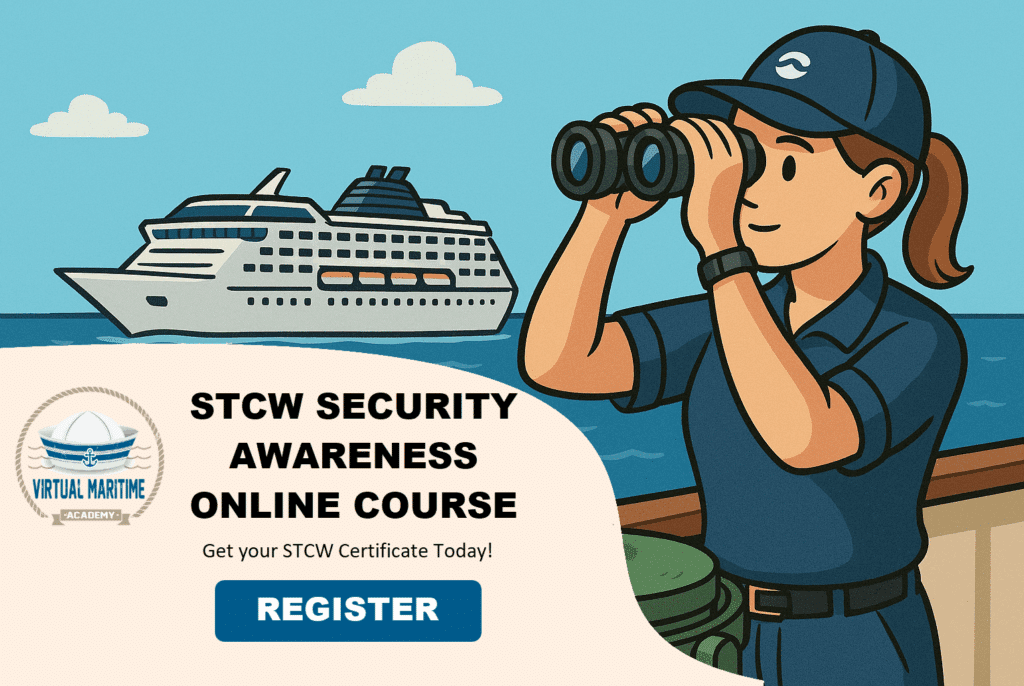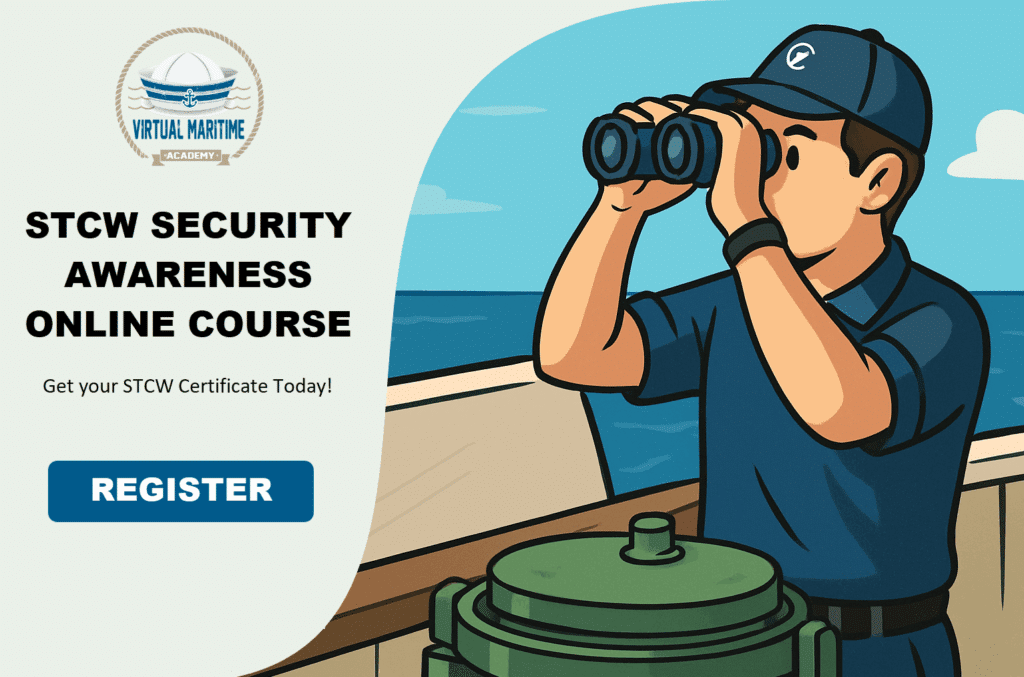Maritime security, a crucial aspect of global safety and economic stability, involves protecting the world’s oceans and waterways from a myriad of threats. As the backbone of international trade and travel, seas and oceans are vital arteries that facilitate the movement of goods and people across continents. However, these waters are constantly under the shadow of various menaces, ranging from piracy and terrorism to illegal trafficking and territorial conflicts. As the world grapples with these growing challenges, the need for robust maritime security measures has never been more pronounced. Efforts to enhance maritime protection are being amplified by advancements in technology and stronger international cooperation, aiming to safeguard our seas for future generations. Understanding the significance of maritime security and the forces driving its demand is essential in addressing the complex issues that threaten our global maritime domain.
Understanding Maritime Security
Definition and Importance of Maritime Security
Maritime security is a comprehensive framework that addresses the safety, security, and environmental protection of the world’s oceans and seas. It comprises measures designed to safeguard maritime assets, including ports, vessels, and offshore facilities, from various threats and criminal activities. The importance of maritime security cannot be overstated, as the maritime domain is crucial for global trade, economic stability, and geopolitical stability.
Maritime security encompasses a wide range of activities, from counter-piracy operations and anti-terrorism initiatives to the prevention of illegal fishing and human trafficking. Securing maritime routes ensures the unimpeded flow of goods and resources, supporting international trade, and fostering economic growth. Additionally, effective maritime security measures help protect marine ecosystems from environmental threats, such as oil spills and illegal dumping, thereby preserving the biodiversity and health of our oceans.
Overview of Current Global Maritime Threats and Challenges
The contemporary maritime environment is fraught with a myriad of threats and challenges that necessitate robust security measures. Understanding these threats is essential for developing effective strategies to mitigate risks and ensure the safety of maritime operations.
Piracy
Piracy remains one of the most significant threats to maritime security. Despite regional and international efforts to curb pirate activities, certain hotspots, such as the Gulf of Guinea and the waters off the coast of Somalia, continue to witness high levels of piracy. Modern pirates are increasingly sophisticated, employing advanced technology and weaponry to hijack vessels, kidnap crew members, and demand hefty ransoms. These acts of piracy disrupt global shipping routes, resulting in financial losses and endangering human lives.
Terrorism
Maritime terrorism represents another grave threat to worldwide maritime security. Terrorist organizations exploit the vastness and openness of the seas to carry out attacks on maritime infrastructure, including ports, oil rigs, and ships. Such attacks not only pose severe risks to human lives and property but can also destabilize regional economies and create disruptions in international trade. The use of maritime routes for smuggling weapons and other illicit goods further compounds the threat of maritime terrorism.
Illegal Trafficking
Illegal trafficking, encompassing drug trafficking, human smuggling, and the illicit trade of wildlife and natural resources, presents a complex challenge for maritime security. Criminal networks leverage maritime routes to transport contraband, evading detection by law enforcement agencies. The vastness of the oceans and the volume of maritime traffic make it difficult to monitor and intercept illegal activities. Addressing the issue of illegal trafficking requires a coordinated effort among nations, advanced surveillance technologies, and stringent enforcement of maritime laws.
Territorial Disputes
Territorial disputes and conflicting maritime claims are sources of tension and potential conflict among nations. Disputed maritime boundaries and competing claims over strategic waterways, such as the South China Sea, can escalate into confrontations and impact the security and stability of the region. Resolving these disputes amicably and maintaining open lines of communication between conflicting parties is vital for ensuring maritime security and preventing the escalation of conflicts.
These global maritime threats underscore the critical need for comprehensive and proactive maritime security measures. Addressing these challenges requires a multi-faceted approach, combining technological advancements, international cooperation, and a robust legal framework to safeguard the maritime domain and protect the interests of all stakeholders involved.
https://www.virtualmaritime.academy/vma-courses/
The Growing Demand for Enhanced Maritime Protection
The rising demand for enhanced maritime protection is a clear indication of the pressing need to safeguard our global waters. Various factors contribute to this increased focus on maritime security, including piracy, terrorism, illegal trafficking, and territorial disputes. These threats not only imperil the safety of maritime routes but also jeopardize global trade and international stability.
Factors Driving the Increased Need for Maritime Security
Piracy
Piracy remains one of the most significant threats to maritime security. Regions like the Gulf of Aden, the Straits of Malacca, and the waters off West Africa have been notorious hotspots for pirate attacks. These criminal activities not only endanger the lives of crew members but also have far-reaching economic consequences. The International Maritime Bureau (IMB) has reported a substantial number of piracy incidents in recent years, reflecting the ongoing threat posed by these maritime criminals. As pirates become more sophisticated, the demand for robust countermeasures and security protocols grows correspondingly.
Terrorism
Maritime terrorism is another critical factor driving the need for enhanced maritime security. Terrorist organizations have increasingly targeted commercial and military vessels as part of their strategy to cause widespread disruption and fear. Attacks on oil tankers, passenger ferries, and naval ships can have devastating consequences, both environmentally and economically. Therefore, nations are investing heavily in maritime security to prevent such terror attacks and protect their maritime assets.
Illegal Trafficking
The seas have long been used as conduits for illegal trafficking, including the smuggling of drugs, weapons, and humans. These illicit activities undermine the rule of law and contribute to global insecurity. In response, countries around the world are tightening their maritime surveillance and inspection regimes. Advanced tracking technologies and stricter enforcement measures are being implemented to combat these illegal operations, thus driving up the demand for sophisticated maritime security solutions.
Territorial Disputes
Territorial disputes over maritime boundaries are a longstanding issue that continues to provoke conflict and tension among nations. Disagreements over territorial waters, exclusive economic zones (EEZs), and continental shelves can lead to skirmishes and can even escalate into larger confrontations. To assert and defend their claims, nations are bolstering their naval capabilities and maritime security infrastructures. This geopolitical friction underscores the critical need for effective maritime security to maintain peace and stability in contested regions.
Role of Technology and International Cooperation
The advancement of technology and the emphasis on international cooperation play pivotal roles in bolstering maritime security efforts worldwide. As the nature of maritime threats evolves, so too must the technologies and strategies used to counter them.
Technological Innovations
Modern technology has afforded significant advancements in maritime security practices. Key innovations include:
- Satellite Surveillance: High-resolution satellite imagery and real-time data allow for the continuous monitoring of vast oceanic expanses, making it easier to detect and respond to suspicious activities promptly.
- Automated Identification Systems (AIS): Ships equipped with AIS transmit their location, speed, and course, facilitating better vessel tracking and collision avoidance. These systems are essential for enhancing situational awareness in busy maritime corridors.
- Unmanned Aerial Vehicles (UAVs): Drones provide interdiction capabilities and aerial surveillance, enabling swift responses to potential threats without putting human lives at risk.
- Artificial Intelligence (AI) and Machine Learning: AI algorithms improve threat detection and prediction models, helping security forces differentiate between normal activity and potential threats with greater accuracy and speed.
These technological tools, among others, are vital components of modern maritime security strategies, allowing for a proactive and informed approach to threat management.
International Cooperation
Addressing maritime security challenges requires collective action and international cooperation. Some of the critical aspects of this cooperation include:
- Joint Naval Exercises: Multinational naval exercises enhance interoperability among the naval forces of different countries, fostering a unified front against maritime threats. These exercises also enable the sharing of best practices and build mutual trust.
- Information Sharing: Effective communication and information exchange between nations and maritime organizations are crucial for timely threat detection and response. Initiatives such as the Information Sharing Centre (ISC) in Singapore play a significant role in facilitating this exchange.
- International Conventions and Agreements: Treaties like the United Nations Convention on the Law of the Sea (UNCLOS) provide a legal framework for maritime governance, ensuring that disputes and illegal activities are managed in accordance with international law.
- Capacity Building and Training: Developed nations often assist emerging maritime powers by providing training, resources, and technological support, thereby enhancing global maritime security capabilities.
By leveraging technological advancements and fostering international collaboration, the global community can more effectively address and mitigate the diverse threats facing our seas. This comprehensive approach is essential for ensuring the safety, security, and sustainability of maritime activities worldwide.
In conclusion, the imperative need for robust maritime security measures has never been more evident. As the world’s oceans encompass vital trade routes and rich natural resources, the safeguarding of these maritime domains is integral to global economic stability and national security. The rising tide of threats, including piracy, terrorism, illegal trafficking, and enduring territorial disputes, underscores the multifaceted nature of maritime risks that demand comprehensive and coordinated responses.
Amid these challenges, technological advancements and international cooperation have emerged as pivotal elements in enhancing maritime security. Innovations such as satellite surveillance, automated identification systems, and advanced naval vessels provide critical advantages in monitoring and protecting vast maritime expanses. Concurrently, multinational initiatives and alliances bolster collective defense mechanisms, fostering a collaborative spirit to tackle security threats that transcend national boundaries.
As the demand for maritime security continues to escalate, it becomes essential for nations and organizations worldwide to maintain a proactive stance. By prioritizing investment in cutting-edge technologies and fostering diplomatic cooperation, the global community can effectively safeguard the seas, ensuring that they remain safe, secure, and conducive to lawful maritime activities and international trade. Thus, the pursuit of enhanced maritime security not only addresses current threats but also paves the way for a more stable and prosperous future for all maritime stakeholders.











